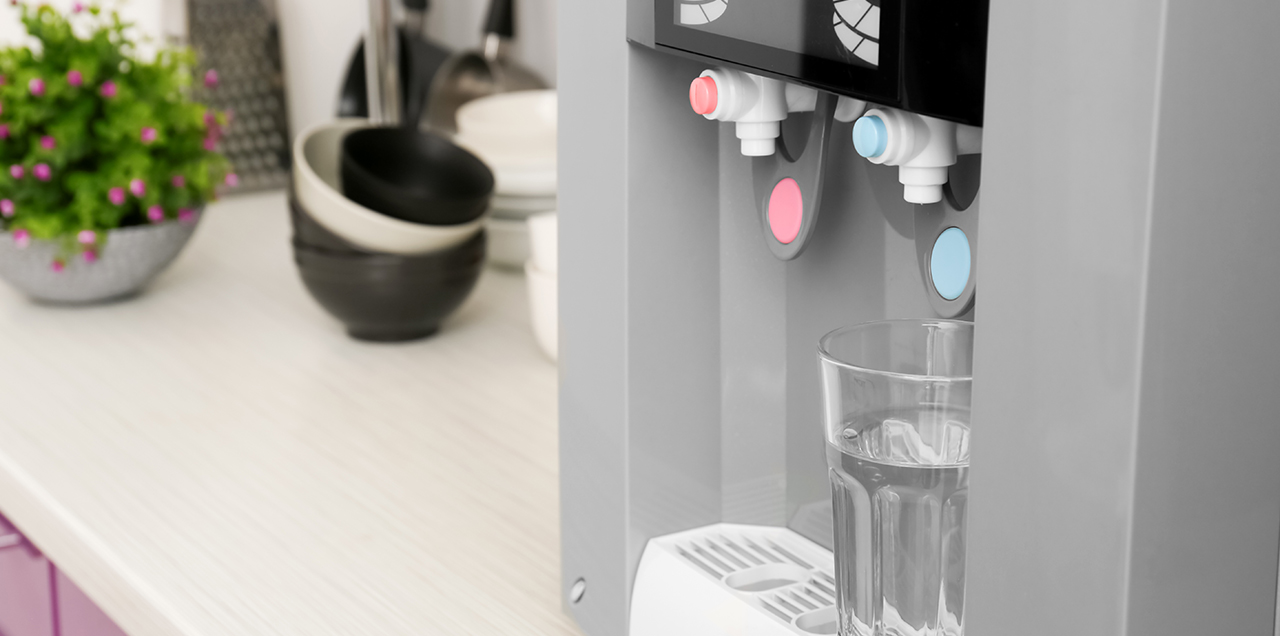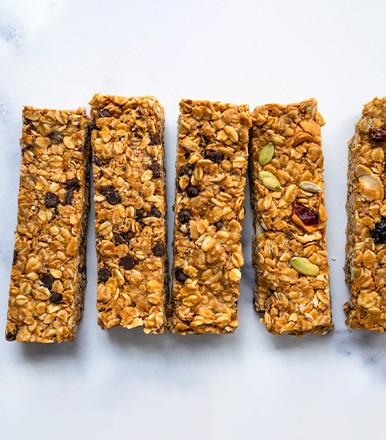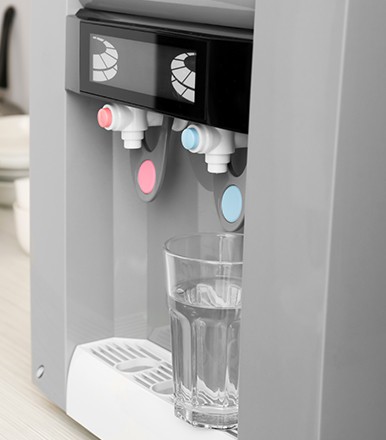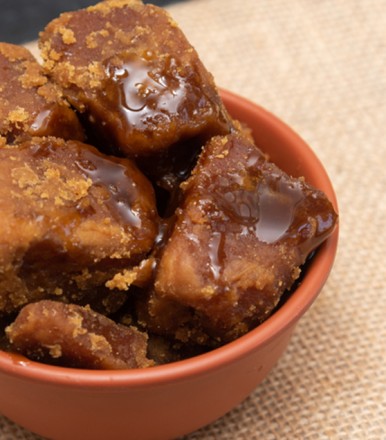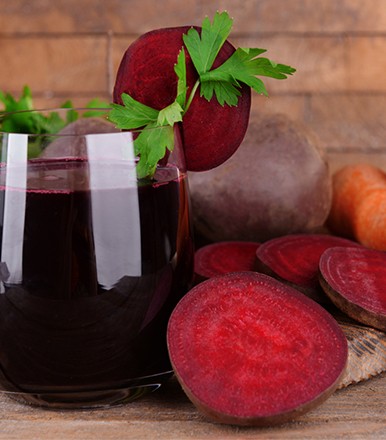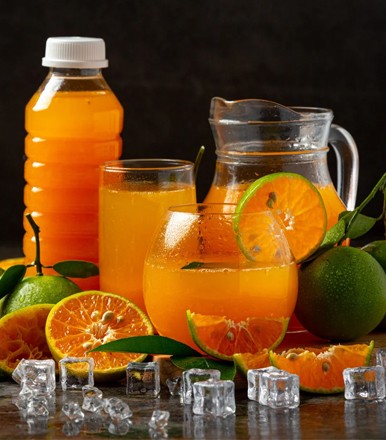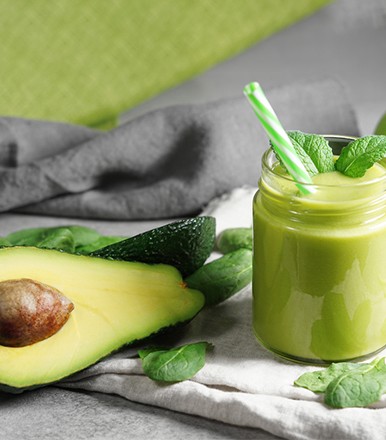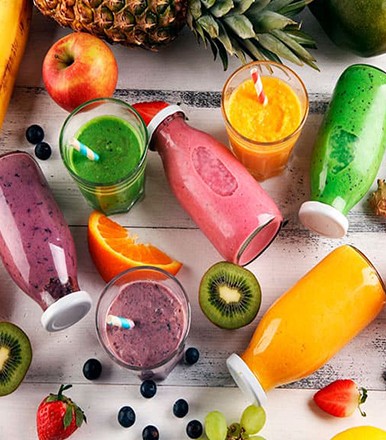We all know clean water matters, but with today's pollutants sneaking into our taps, getting truly pure water isn't straightforward. RO (Reverse Osmosis) purifiers have become the go-to solution in many homes, but they've also stirred up questions. Is RO water actually good for you? Does it strip away stuff your body needs? Whether you're shopping for a purifier or already have one humming away in your kitchen, these questions deserve straight answers. Let's cut through the confusion and tackle the top questions about RO water and what it means for your family's health.
FAQs About RO Water Purifiers
1. What Is RO Water and How Does the RO Purifier Work?
Think of RO as a super-strict bouncer at an exclusive club – only water molecules get past the velvet rope. The process uses pressure to push water through a membrane with holes so tiny that only water molecules squeeze through. Everything else – chemicals, heavy metals, even minerals – gets turned away.
Your typical RO system works in stages:
First, a pre-filter catches the obvious stuff like dirt and rust
Then activated carbon tackles chlorine and funky odors
Next comes the star of the show – the RO membrane – filtering out almost everything else
Finally, a polishing filter fine-tunes taste
This multi-step process is why RO water tastes so clean – it's literally had almost everything except H2O removed from it.
2. Is RO Water Safe to Drink Daily?
Yes, you can absolutely drink RO water every day. In fact, in places with questionable water quality, it's often safer than the alternatives.
RO water shines by removing the nasties you definitely don't want to be drinking:
Heavy metals that can build up in your body over time
Chlorine and its byproducts that make water taste like swimming pool
Agricultural chemicals that find their way into groundwater
Microplastics that are increasingly common in water supplies
The peace of mind that comes from knowing your water is consistently clean, regardless of what comes through your municipal pipes, is worth a lot.
3. Does RO Water Remove Essential Minerals?
Here's the honest truth – yes, RO filters out minerals along with contaminants. The membrane can't tell calcium (good) from lead (bad) – it removes both.
But let's put this in perspective:
Your morning bowl of oatmeal contains way more minerals than a day's worth of tap water
Many fruits and vegetables are mineral powerhouses compared to water
Some newer RO systems add minerals back after purification
If you're eating a decent diet, you're getting minerals from food, not water
If you're still concerned, look for RO systems with remineralization features or simply add a pinch of mineral-rich salt to your drinking water occasionally.
4. Can RO Water Cause Any Side Effects on Health?
You might hear whispers about "acidic" RO water or fears about it "leaching minerals from your bones" – but these claims rarely stand up to scrutiny.
For most healthy people, there are no noticeable side effects from drinking RO water. Your body maintains its mineral balance primarily through food, not water. And while RO water can be slightly more acidic than tap water, your stomach acid is much stronger – your body handles this pH difference without breaking a sweat.
The real health benefit comes from what RO water doesn't contain – the countless contaminants in untreated water that can cause both short and long-term health issues.
5. What TDS Level Is Ideal for RO Water?
TDS (Total Dissolved Solids) measures everything dissolved in your water – the good, the bad, and the ugly. While lower isn't always better, extremely high TDS usually signals problems.
For drinking comfort, most experts suggest:
50-150 ppm: Excellent drinking quality
150-250 ppm: Good drinking quality
Up to 500 ppm: Acceptable for drinking
Standard RO water typically clocks in at 5-50 ppm. Some systems let you adjust this with a TDS controller – a feature worth considering if you prefer some minerals in your water.
Remember: low TDS guarantees purity but not necessarily ideal taste. Many people prefer water with some mineral content for better flavor.
6. Do RO Purifiers Waste a Lot of Water?
I won't sugarcoat it – traditional RO systems are not water-efficient. They typically flush 3-4 gallons down the drain for every gallon of purified water produced. This "reject water" carries away the filtered contaminants.
However, the industry is improving:
Newer "high-efficiency" models waste significantly less
Some systems recycle reject water for cleaning or flushing toilets
"Zero waste" RO systems are now available (though they're pricier)
If water conservation matters to you, look specifically for models advertising improved efficiency ratios or consider collecting reject water for plants or cleaning.
7. Is RO Better Than UV or UF Purification?
Each purification technology has its sweet spot:
RO excels at removing chemical contaminants and dissolved solids but requires maintenance and wastes water.
UV kills germs effectively but doesn't touch chemicals or improve taste.
UF removes bacteria and parasites while keeping minerals but won't handle dissolved chemicals.
Many modern systems combine these technologies for comprehensive protection. Your best choice depends on your specific water concerns – test your water before deciding what you need.
8. Is Boiled Water Better Than RO Water?
Boiling and RO tackle different problems:
Boiling kills germs dead but does nothing about chemicals, metals, or dissolved solids. In fact, boiling concentrates some contaminants as water evaporates.
RO removes nearly everything – both good and bad – giving you extremely pure water free from most contaminants.
Think of boiling as a disinfection method and RO as a purification system. For truly problematic water, sometimes both make sense, but for most homes, a good RO system provides more comprehensive protection.
9. How Often Should I Service My RO Purifier?
A neglected RO system eventually stops working properly and can even become a breeding ground for bacteria. Stay on top of maintenance with this schedule:
Pre-filters: Every 6-9 months
Carbon filters: Every 6-12 months
RO membrane: Every 2-3 years
Full system sanitization: Annually
Watch for warning signs like slow flow, strange tastes, or unusual noises. These signal its maintenance time regardless of schedule.
Good news: many new systems include filter life indicators to take the guesswork out of maintenance timing.
10. Can Kids and Pregnant Women Drink RO Water?
Yes, RO water is perfectly fine for kids and pregnant women. In fact, these vulnerable groups benefit most from reduced exposure to potential contaminants.
For pregnancy, reduced exposure to chemicals like lead, arsenic, and certain pesticides is particularly valuable.
For infants, if you're using RO water for formula, some pediatricians recommend a system with remineralization or adding a tiny pinch of suitable mineral mix.
As always, check with your doctor if you have specific health concerns, but for most families, RO water is a healthy choice for everyone.
Conclusion
RO water purifiers offer powerful protection against a wide range of water contaminants. While they do remove minerals along with the bad stuff, this isn't a deal-breaker for most people with decent diets. Modern systems are addressing previous limitations with features like remineralization and improved water efficiency.
Your decision should be based on your specific water quality and health priorities. As Hello Fitness Magazine often reminds readers, staying properly hydrated is crucial for health – and having clean, safe water makes this healthy habit much easier.
Choose a system that matches your needs, maintain it properly, and enjoy the peace of mind that comes with knowing exactly what's in your glass. Shop Online today to find the right water purification solution for your home.
Check out Hello Fitness Magazine. There is never a wrong time to go on a fitness quest. Contact us and allow us to assist you in leading a better lifestyle. Follow us on Instagram. We share the best Health & Fitness related Articles for information based on healthy eating, health and fitness recommendations, health problems and their solutions, human body fitness, and much more.




